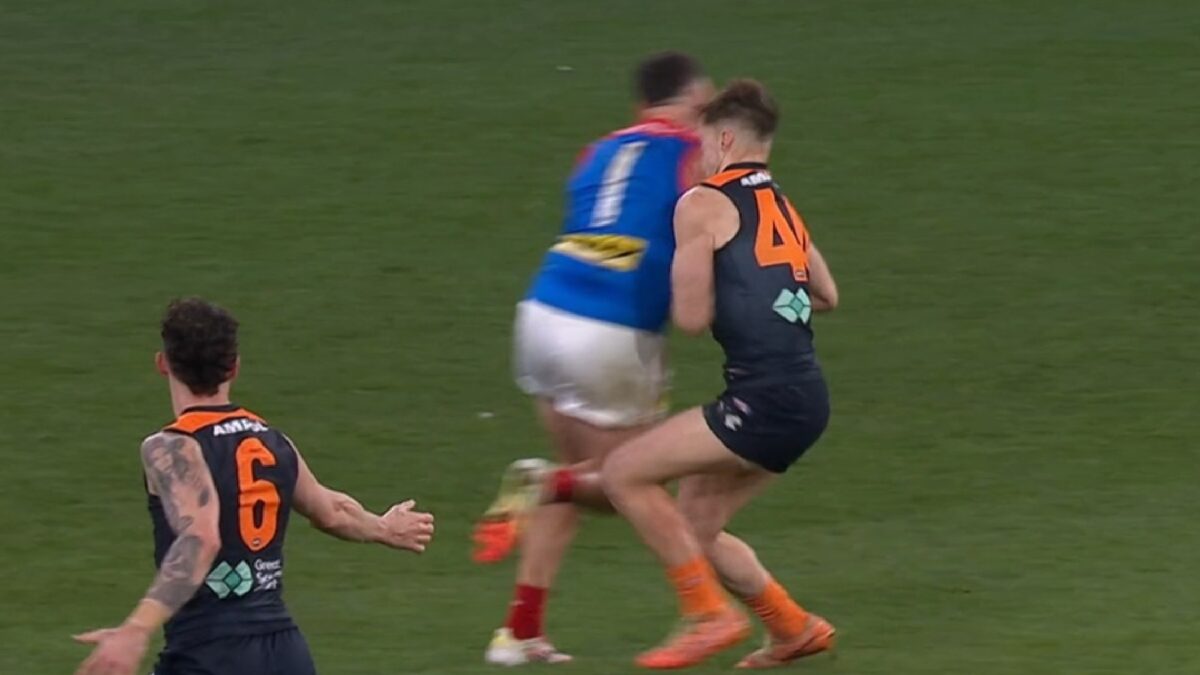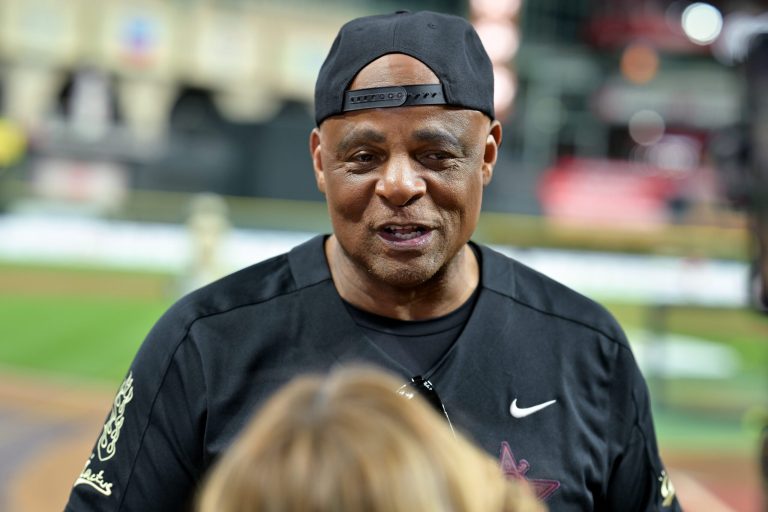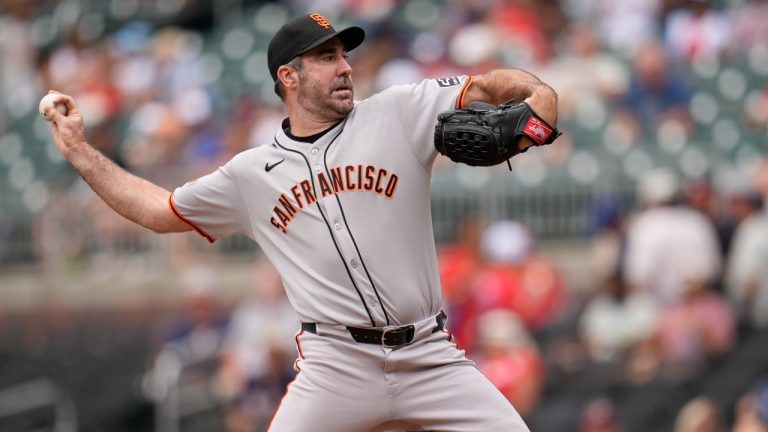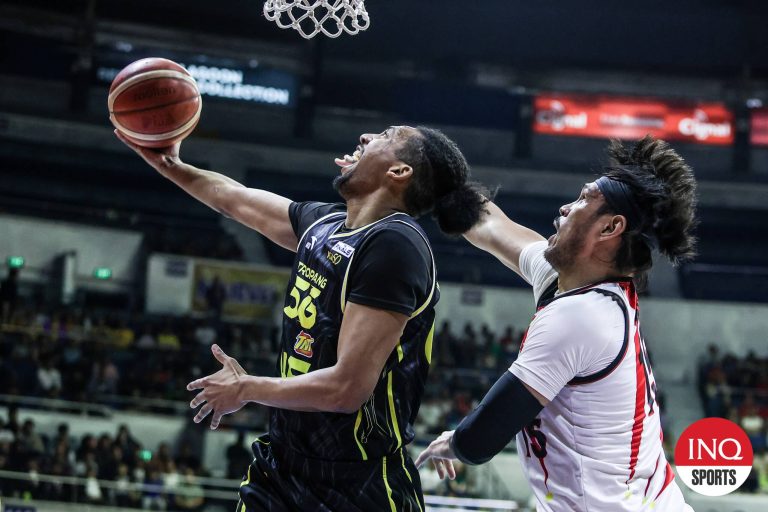Melbourne defender Steven May has been suspended for three matches by the AFL Tribunal, for his controversial collision with Carlton forward Francis Evans.
May was sent straight to the Tribunal by Match Review Officer Michael Christian after the collision, which left Evans with a broken nose, a lost tooth and a concussion, was graded as careless conduct with high contact and severe impact.
After a marathon hearing in which the Tribunal deliberated for nearly 100 minutes, the AFL’s requested penalty of three matches was granted, ruling May out for the Demons’ upcoming clashes with St Kilda, West Coast and the Western Bulldogs.
May and the Demons argued his conduct was not unreasonable under the circumstances, citing Fremantle captain Alex Pearce’s successful overturn of a three-match ban for a collision with Port Adelaide’s Darcy Byrne-Jones, in which it was deemed he was legitimately contesting the ball and took steps to minimise the impact, as precedent.
In giving evidence, May said he was confident he would get to the ball before Evans up until the moment of impact, adding that he was ‘a bit shocked’ in the immediate aftermath to have collected the Blue.
He argued that he continued his approach towards the ball in a straight line, did not attempt to bump, and made an attempt to slow down, though too late to avoid contact.
Dees counsel Adrian Anderson gave nine reasons for May to be cleared of all charges: that he was making a genuine attempt to contest the ball, expected to get there first, that both he and Evans were reasonably attacking the contest at pace, the unexpected fourth bounce of the ball that took it closer to Evans than May, that it was too late for him to slow down by the time he realised how close Evans was, his maintaining a consistent line to the ball, his attempt to slow down just before contact, that he kept both feet on the ground, did not tuck his elbow into his body or rotate himself to bump Evans, and that the 193 centimetre defender is significantly taller than the 182cm Blue.
The AFL argued May’s conduct breached his duty of care, claiming he knew before Evans gained possession of the football that he would not get to the contest first, and that he should have factored in the unpredictable bounce of the ball – though league counsel Andrew Woods conceded he did not bump.
In arguing for a three-match suspension, Woods cited North Melbourne defender Jackson Archer’s ban for a heavy collision with Western Bulldog Luke Cleary in Round 1 earlier this year, as a precedent, saying May should have slowed down earlier to prevent himself from entering the contest in a dangerous manner.
The Demons, in response, ‘fundamentally disagreed’ with the suggestion that it was clear Evans would get to the ball first early enough for May to need to take any action.
“Melbourne Football Club are aware as much as anyone of the unfortunate fact that in a body contact sport, occassionally accidents can occur,” Anderson concluded.
However, in explaining the sanction, the Tribunal agreed with the AFL’s interpretation of the incident, saying May should have ascertained earlier than he did that he would be second to the ball.
“We find that at the moment that May changed direction and ran towards the ball, a reasonable player would have realised that it was highly likely that Evans would reach the ball before May did,” a Tribunal statement from Chairman Jeff Gleeson reads.
“There was, of course, the possibility that, if everything went right, from May’s perspective, he may reach the ball at about the same time as Evans, but only if the ball only bounced low and fast on every bounce away from Evans and towards May. We find that when May changed direction, a reasonable player would have realised that there was little, if any, chance that May would reach the ball first.
“The most he could have hoped was that he would arrive at about the same time as Evans, and as we have said, it was far more likely that he would reach the ball after Evans.
“May then accelerated towards the ball. He appears to have made no allowance for the likelihood that Evans would reach the ball first. In the circumstances, he should have done so.
“May could and should have realised before the last bounce that he remained unlikely to get to the ball first. By the second last bounce he could, and should have realised that Evans would reach the ball first and likely take possession of the ball.”
The Tribunal also disagreed with the Demons’ claim that May had insufficient time to avoid the contact, saying he did have ‘reaction time’ to ‘retract’ his arms before the collision.
“May ran a sufficient distance and had sufficient time with an unimpeded view of what was before him to determine what he could and should do in the likely event that he did not reach the ball either first or at the same time,” the statement reads.
“The collision resulted in a concussion to a player, and that collision was caused or contributed to by a failure by May to take reasonable care.
“A reasonable player in today’s game would not have collided with Evans in the manner that occurred here.”






